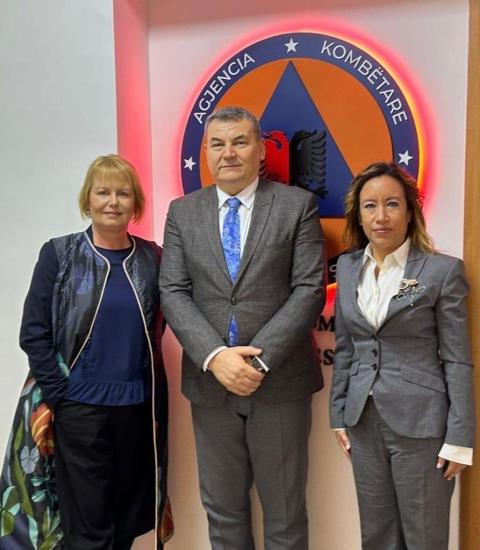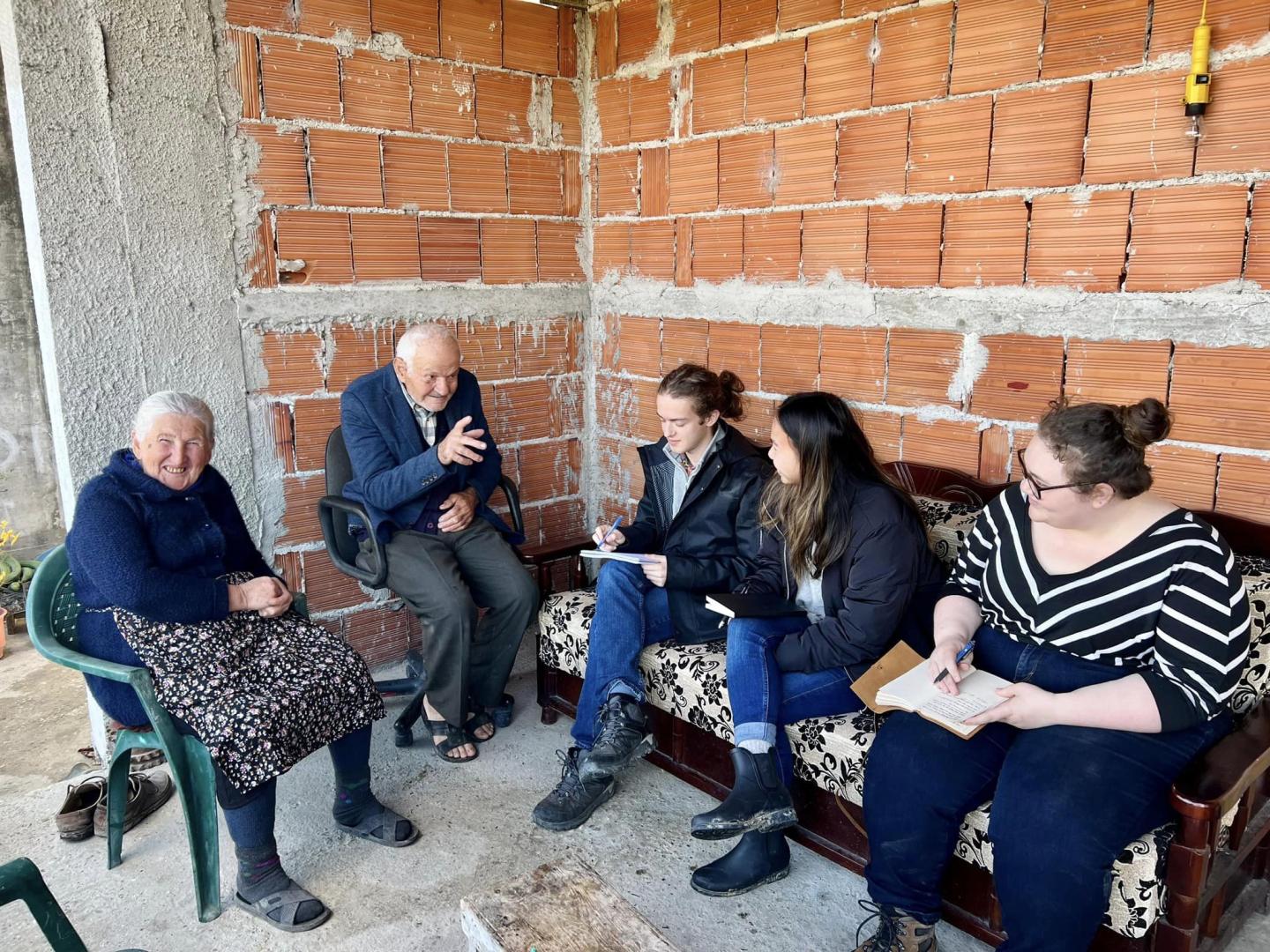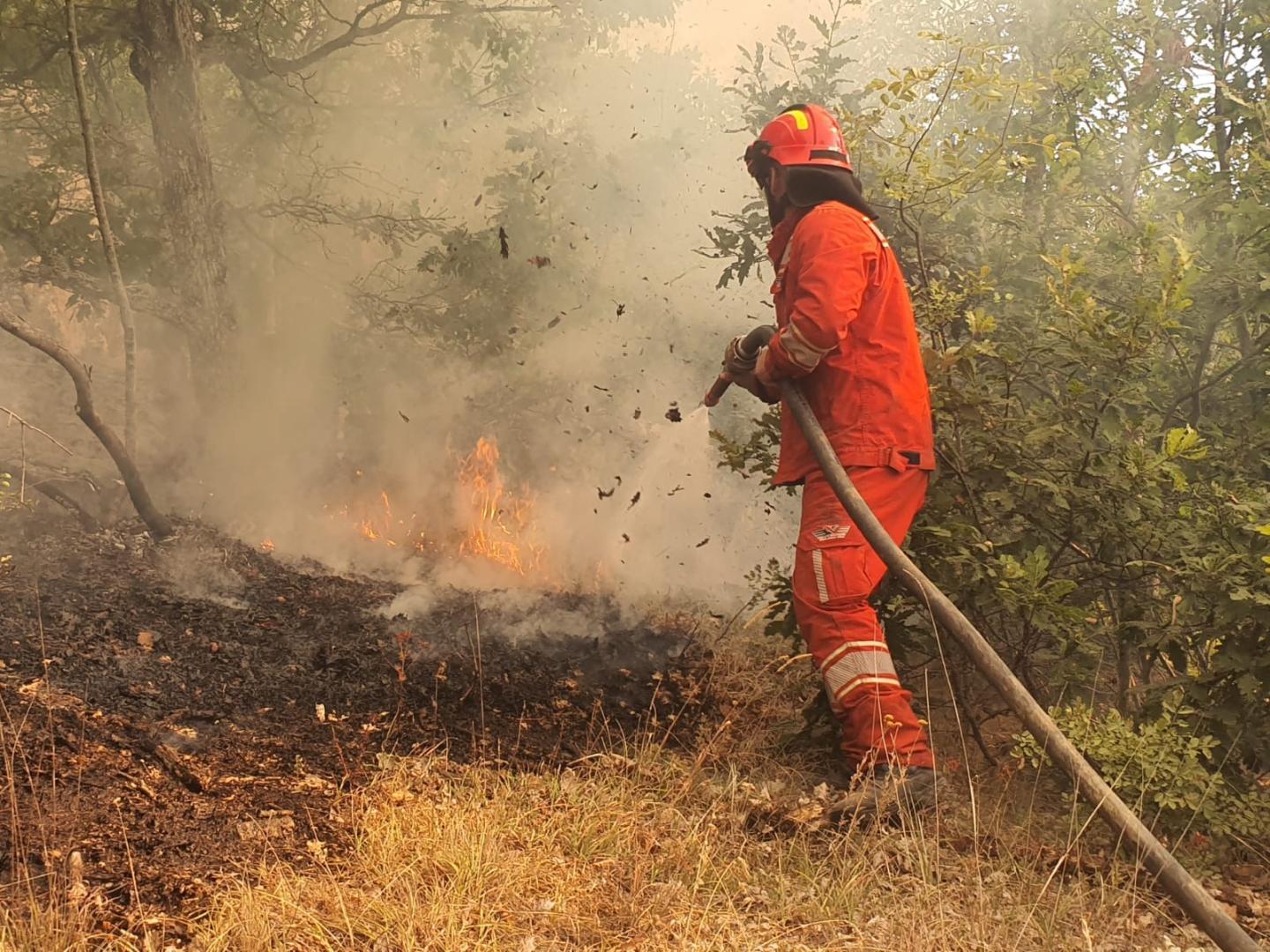Where does Albania stand? Let’s explore deeper:
Advancing Disaster Risk Management
The 2019 earthquake underscored the imperative need for Albania to strengthen its disaster risk preparedness, management, and response. Three years later, Albania’s progress towards disaster resilience serves as evidence of the power of international cooperation. Thanks also to this solidarity and support, Albania also became a full member of the EU Civil Protection.
In its efforts to strengthen the Disaster Risk Management System and protect the lives of the Albanian citizens and communities from disasters, minimize their impact at both central and local levels, the Resilience Strengthening in Albania – RESEAL Project came to life funded by the Governments of Sweden and Switzerland and implemented by UNDP.

National DRR Documents: A Roadmap to Resilience
Albania today has adopted two crucial documents: the National Disaster Risk Reduction (DRR) Strategy and its Action Plan, and the National Disaster Risk Assessment. These vital documents mark a pivotal shift towards a safer and more sustainable nation. The DRR strategy is integrated into every sector, ensuring preparedness, response, and recovery.

Under the leadership of the National Agency of Civil Protection, and in cooperation with RESEAL Project, three technical inter-institutional working groups and one political inter-institutional working group have been established with the aim to create a solid process and have a common understanding and involvement in the decision-making process by engaging all actors in the disaster risk management cycle in Albania as per the national legislation, EU standards and SENDAI requirements.
Fifty-three public consultations organized for this purpose ensured a diversity of perspectives were brought to the table to shape, country’s DRR Strategy and Risk Assessment, all in alignment with the Sendai Framework and EU guidelines.
As a result, Albania has successfully developed key DRR documents:
- National Disaster Risk Assessment
- National DRR Strategy and Action Plan 2023-2030
- National Civil Emergency Plan (ongoing)
“The adoption of the strategy and action plan marks a significant milestone in Albania’s efforts to strengthen the national system on disaster risk management and civil protection. It represents a comprehensive and coordinated approach at all levels to disaster risk reduction that will help protect Albanian citizens and communities from the devastating effects of disasters, ” emphasized Monica Merino, UNDP Resident Representative after the adoption of the new National Disaster Risk Reduction Strategy and Action Plan (2023-2030).
Empowering local communities
The RESEAL Project supported the National Civil Protection Agency and local institutions in a pioneering initiative – introducing local-level risk assessment processes for the first time in six municipalities of Fier Prefecture. This effort not only strengthens disaster risk management strategies but also involves crafting all-inclusive civil protection plans tailored to the unique challenges of the prefecture. These documents, developed through extensive consultation and adopted by the respective Municipality Councils, are guiding local disaster mitigation efforts in alignment with national strategies.
While saving lives during disasters is paramount, the importance of disaster prevention is equally vital for a more resilient recovery, especially in the aftermath of the 2019 earthquake, the challenges posed by the COVID-19 pandemic and considering the ongoing climate emergency-says Haki Çako, General Director of the National Agency of Civil Protection.
Championing inclusivity – Leave no one behind
“Vulnerable individuals possess fewer resources compared to others, making them the most affected when their voices are ignored. Our objective was to share their stories and ensure their active participation in the planning process” – says Sam, one of three students from Worcester Polytechnic Institute who contributed to the risk assessment document of Patos Municipality-as part of an agreement with UNDP to bring the voices of academia in this vital process. Many vulnerable communities living in Patos are affected by industrial risks, particularly in the oil and gas sector.

“Their on-ground interactions with community members and interest groups in risk-exposed areas have been essential for document preparation. They have led to a deeper understanding of local challenges and contributed to the Prefecture’s comprehensive risk assessment”- said Elvita Kabashi, Programme Specialist for Environment, Energy, and Climate Change at UNDP Albania.
This inclusive approach has been consistently applied throughout all stages of the processes.

Building stronger together – Albania’s journey to resilience
In an increasingly disaster-prone world, Albania stands resilient, unified in its determination to secure a safer future for its citizens.


